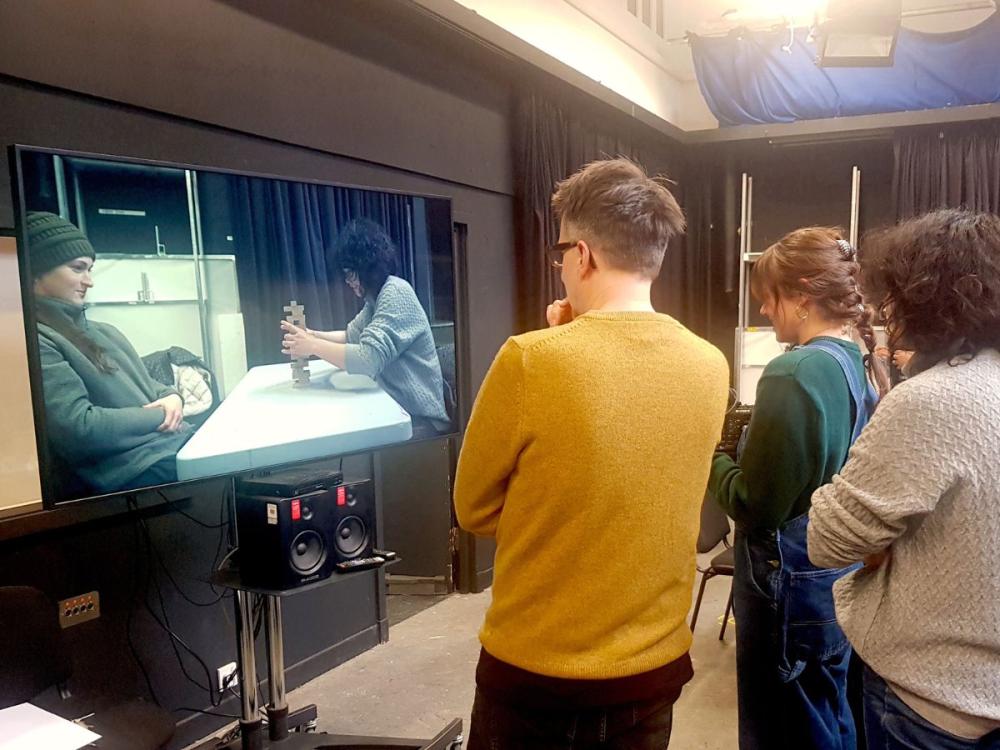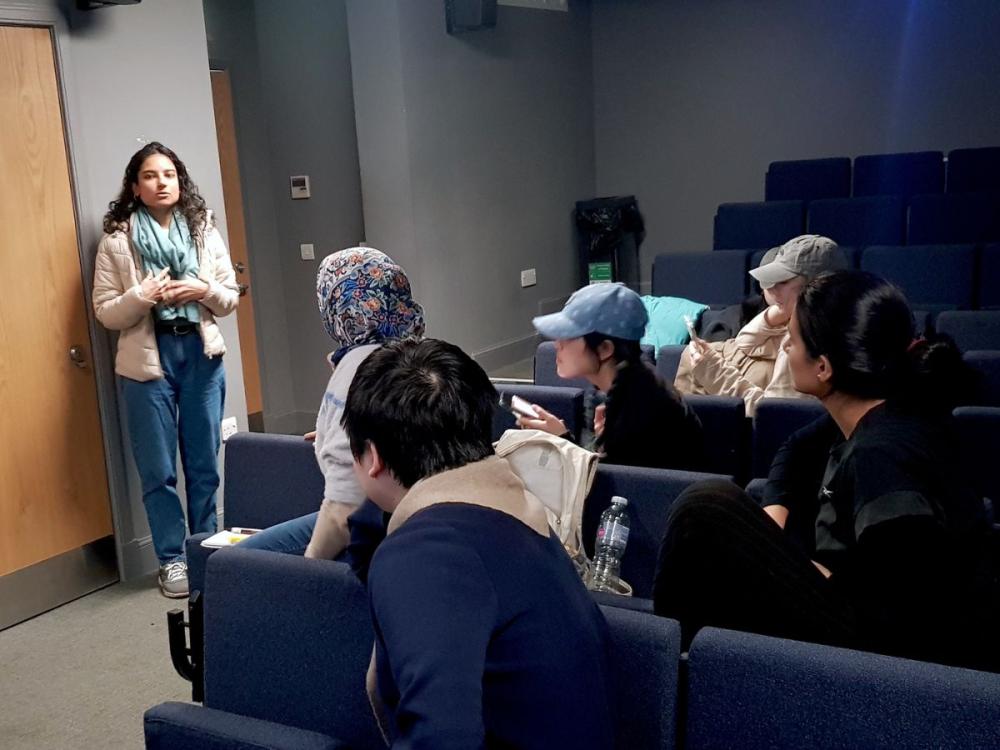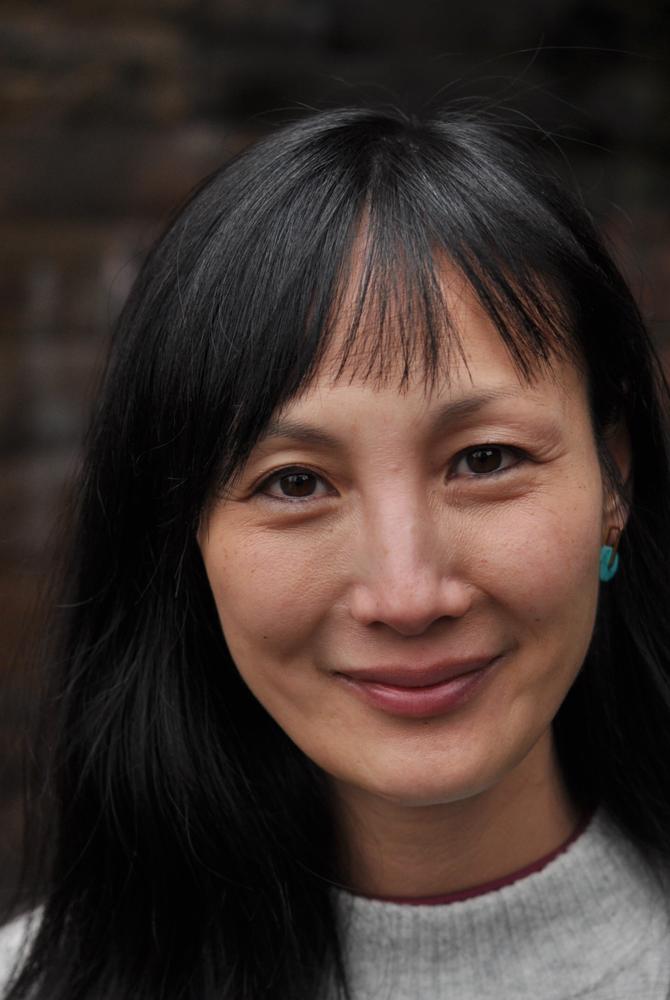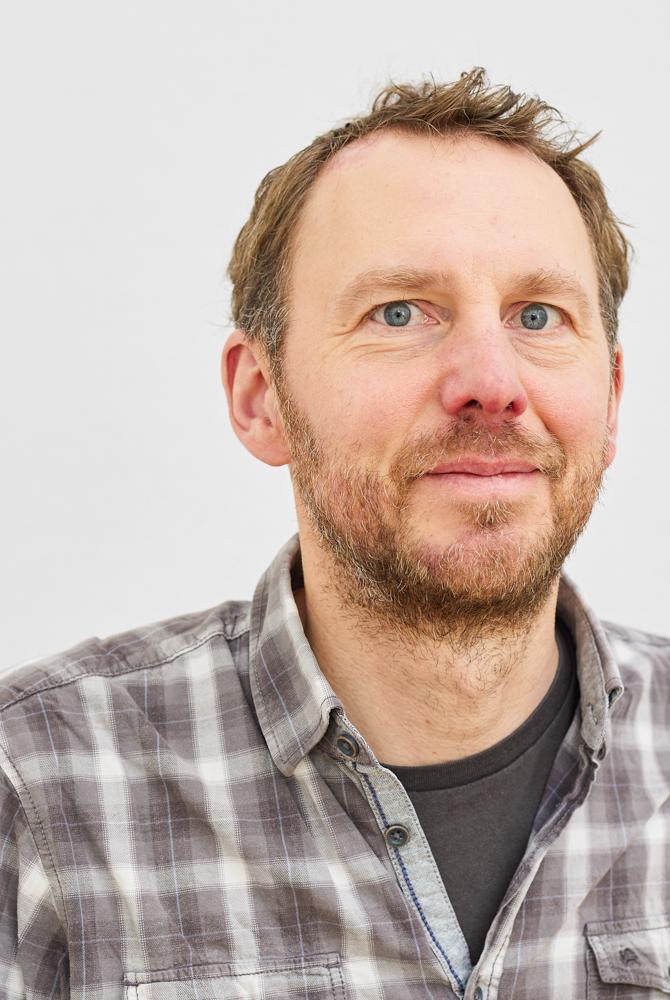Outline
This programme takes a practice-based collaborative approach to studying for an award in Film Directing, focused on documentary, that integrates practical filmmaking with analysis of contemporary practice.
You will make a creative documentary or non-fiction film that defies genre definition and pushes the boundaries of narrative, using limitations in a creative way. You will develop these through group seminars and tutorials.
You will work in an integrated framework that helps you question the form of your film and enables you to find the right language for your storytelling.
We encourage ways of working that foster the exchange of ideas, with inspiration from international filmmaking practice through support from our team of documentary practitioners.
Our tutors are top professionals currently working in the industry as:
- directors
- producers
- editors
- sound designers
- cinematographers.
Our experience in the industry encourages us to adapt our use of technologies to the current situation, using best industry practice and safe guidelines for filming.
Graduate films do well internationally, regularly winning BAFTAs, RTS Awards and awards at international festivals. Our students and graduates have also received an Oscar nomination and an Oscar shortlist.
To find out more about this course, visit our Degree Finder: Film Directing.















